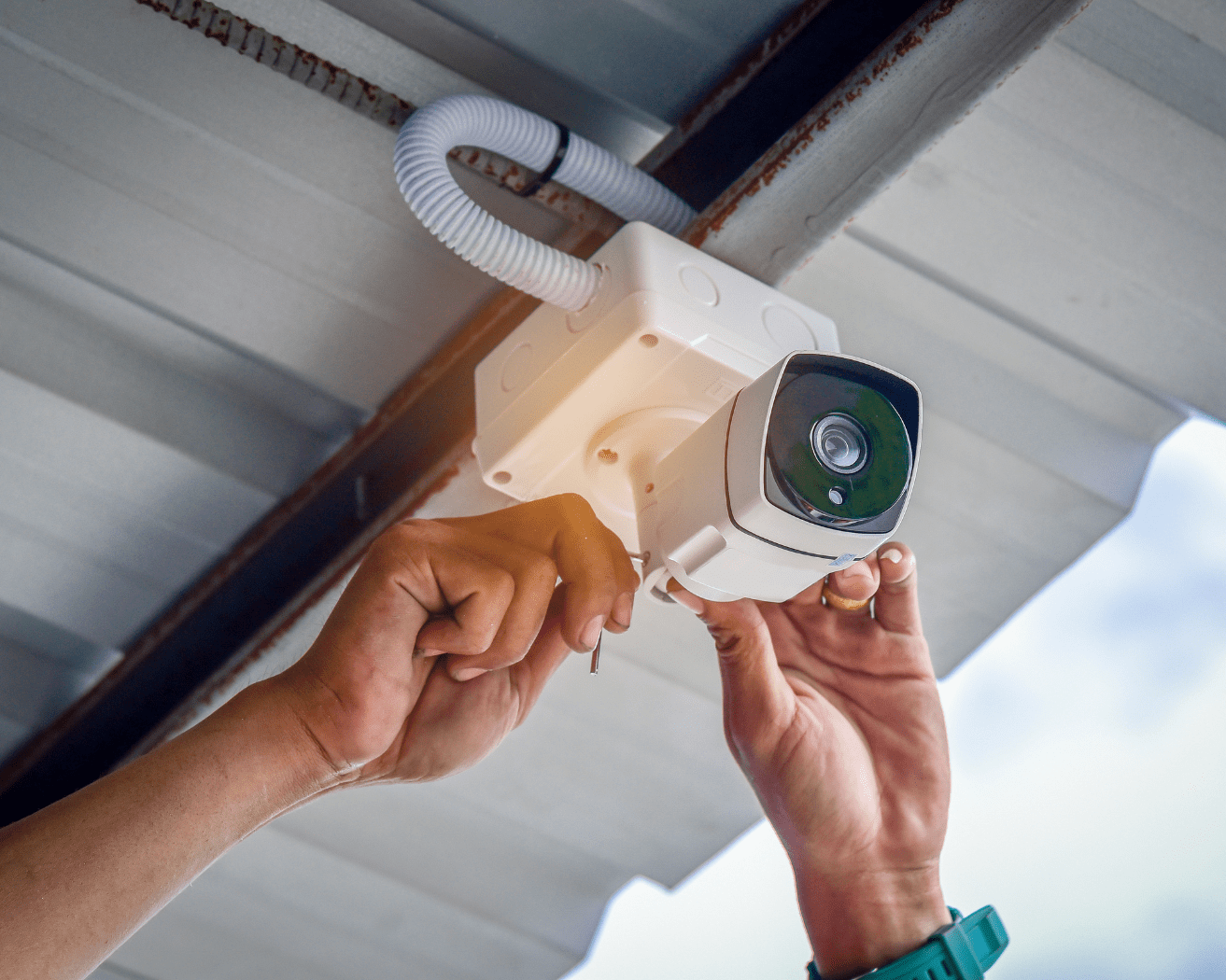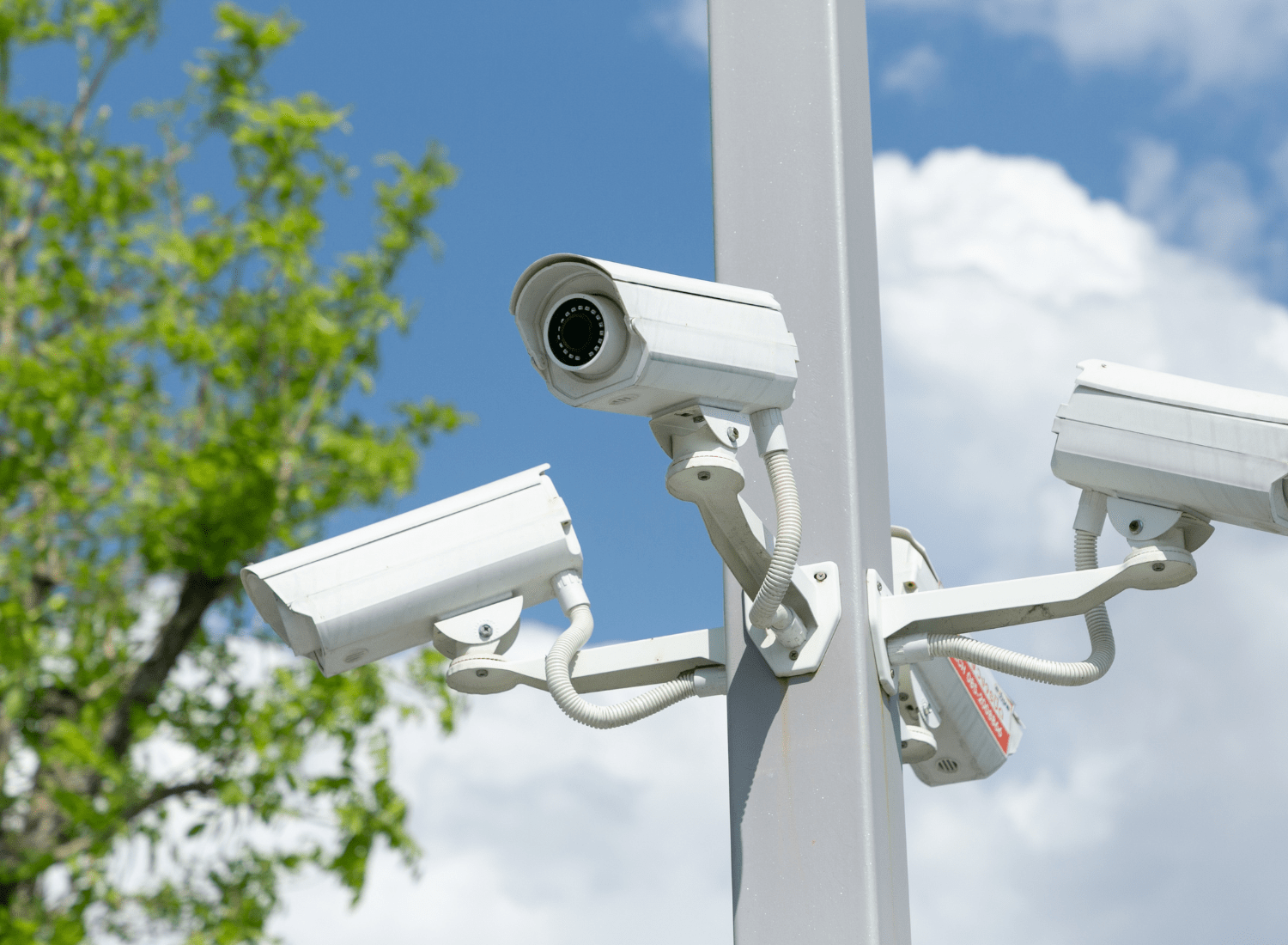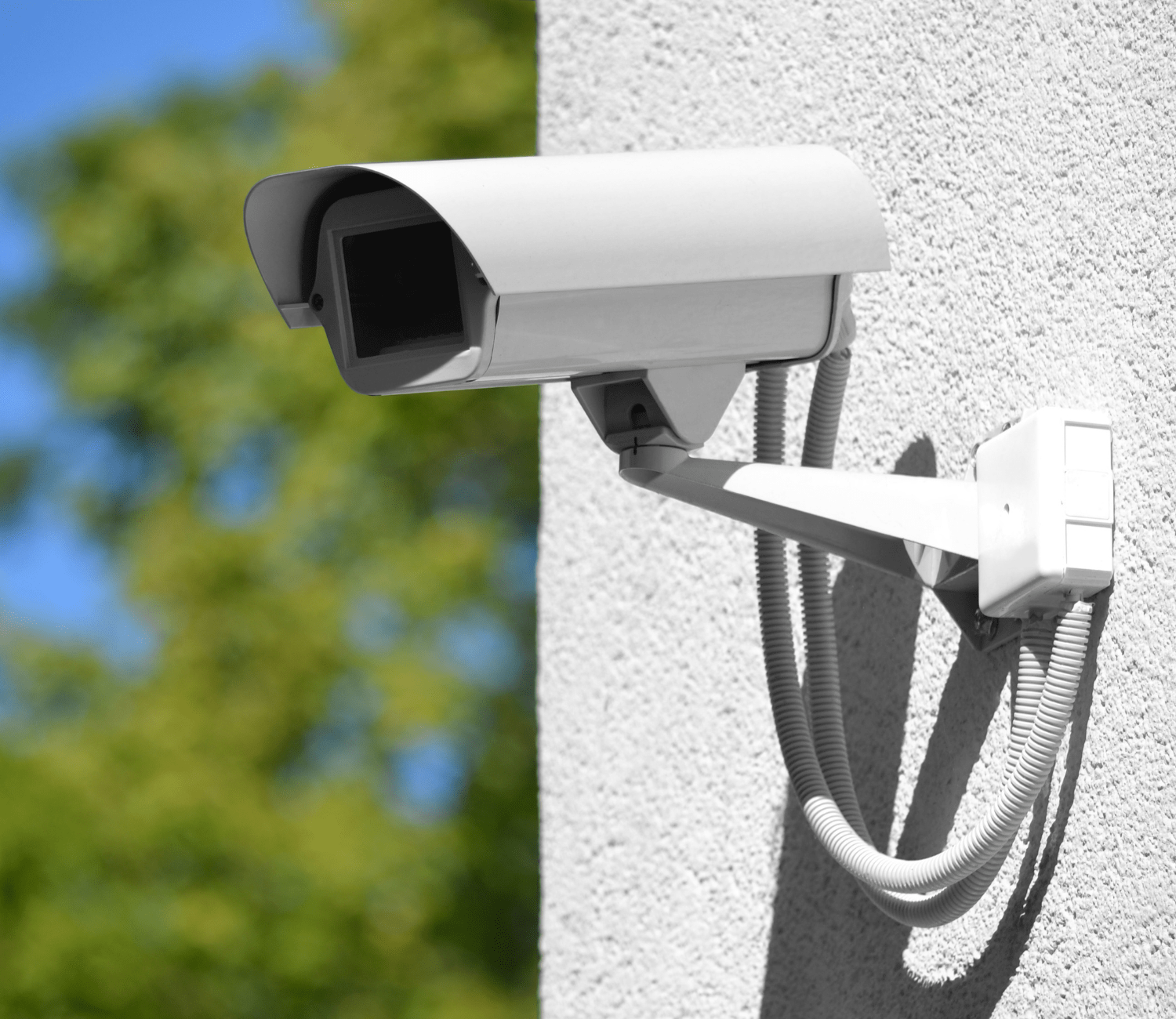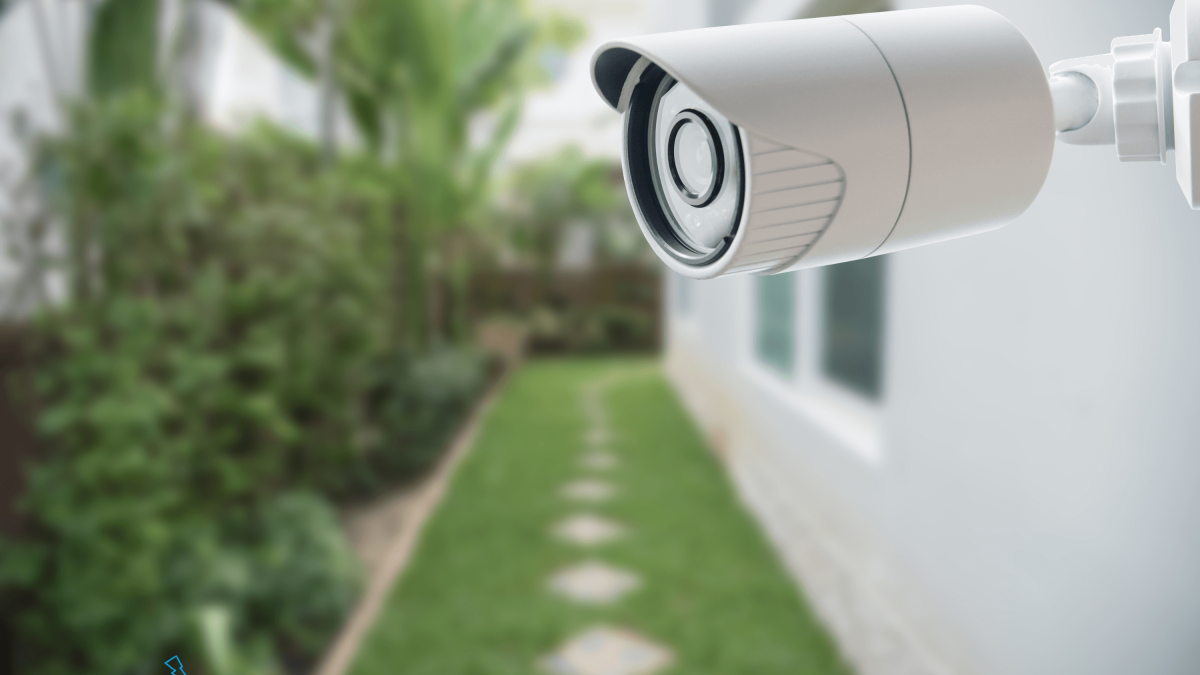The installation of CCTV cameras in the UK both indoors and outdoors of houses is becoming more popular as technology advances. Do you ever consider the legality of your neighbour’s CCTV pointing at your house? This article will discuss the UK’s rules for CCTV cameras and answer whether my neighbour can aim their camera at my house. Despite the recent decrease in crime, the need for doorbell cameras and house CCTV for home security remains significant.
Doorbell cameras are still more popular than old home security systems because of their affordability, ease of use, and simplicity of installation for homeowners. Most CCTV doorbell cameras in the UK use Wi-Fi connectivity. So it would be best if you took preventative measures to check whether your neighbour’s CCTV pointing at your house or prevent hackers from breaking Wi-Fi security which can happen to hack Annke cameras, so it is essential to use strong passwords.
There are additional duties that households with doorbell cameras and home security systems must fulfil. Any equipment that captures images of the public or public areas may be subject to privacy laws. These laws include doorbell cameras and home security systems that take pictures of people crossing public roads and properties.

For example, the Data Protection Act 2018 (DPA) and the GDPR (General Data Protection Regulations) will apply to the owner who installs a camera over their front door that records both the street and people walking past the property (domestic and private), but not inside the house boundary.
If people do not adhere to data privacy laws such as neighbour’s CCTV pointing at others’ houses, the Information Commissioner’s Office may take regulatory action. The ICO is authorized to take and record images of people outside your property boundaries. Nevertheless, CCTV users must ensure that they adhere to the established guidelines.
The ICO (Information Commissioner’s Office) is the independent regulator responsible for upholding information rights in the public interest. This organization includes the Data Protection Act, the Freedom of Information Act, and the Privacy and Electronic Communications Regulations. And under the Human Rights Act, most owners of CCTV cameras in the UK will fall foul, especially in cases of invasion of privacy.
When the GDPR came into force, the UK began to apply EU data protection laws to personal information, for instance, the Hikvision CCTV ban in the UK. Furthermore, they encompass the transfer of personal information between the European Union and the European Economic Area (EEA).
If someone violates privacy laws, the ICO may pursue legal action, which could result in a significant fine. The parties involved may take legal action against you. Nonetheless, it is unlikely that the ICO will pursue enforcement measures against the CCTV operator or owner in most disputes involving neighbour CCTV cameras.
The Human Rights Act of 1998 protects your right to privacy from cameras that point directly at your neighbours’ windows. The right to respect for private and family life, home, and correspondence is guaranteed by Article 8 of the Act. Thus, it could violate the law if your neighbour’s CCTV pointing at your house.
Table of Contents
ToggleUnderstanding the Neighbor’s Right to use CCTV cameras in the UK

Where Can I Point my CCTV Cameras? It is important to understand that your neighbour does not necessarily have the right to install a CCTV camera on their property that views your home. As a result of the strict privacy rules in the UK, people are protected from activities such as monitoring and spying.
As a result, if you think your neighbor’s CCTV camera pointing directly at your house which may violate these privacy laws, you can complain to local authorities. An investigation will be conducted to determine whether there was illegal surveillance. While CCTV cameras in the UK pointing towards other people’s properties aren’t considered illegal in most cases, some complaints about them should be noted.
Privacy masks
Most CCTV cameras in the UK cover a privacy mask over your property, hiding that particular area of the recording. Keeping each other’s property safe while protecting your privacy is a great middle-ground if you and your neighbour can’t agree. If your neighbour’s CCTV pointing at your house, doesn’t have a privacy mask, you could have them install physical barriers just on the side that will cover your private property.
Potential Impacts from Placing a CCTV System at Your House
If your neighbour’s CCTV pointing at your house, serious consequences may result. Most significantly, if it comes out that they violated UK privacy laws, they may be subject to a punishment or potentially jail time. You might be able to bring legal action against them if they violated their duty to protect you and others.
As a result of the General Data Protection Regulation (GDPR), you have the right to request access to the capture, and they must comply with your request. Moreover, GDPR requires that they display signs informing their neighbour that CCTV cameras are pointing at their homes. This information may be quite useful for finding stolen items or identifying criminals.
Dealing with disputes
The best way to resolve problems related to CCTV cameras and privacy is to have an open dialogue with your neighbour. In polite discussions with your neighbour, you have a much better chance of solving the issue, such as relocating the camera or deciding on what times your neighbour can use it. You can also increase the security of your house if you watch Hikvision CCTV on the phone.
What can you do if you are concerned about a neighbour’s CCTV pointing at your house in the UK?
You and your neighbour may not be able to reach an agreement regarding their security camera on occasion. If you are unable to reach a consensus and you believe that their camera is extremely disruptive and that your privacy has been violated, you have the option to register a complaint with ico.co.uk.
As long as the system does not violate privacy or data protection rules, people won’t take action unless they have the right to record for security reasons. According to the ICO, it is unlikely that legal proceedings will be appropriate or sufficient to be initiated against a CCTV user.
What Should You Do If Your Neighbour Is Causing Unreasonable Disputes?

If your neighbour’s illegal surveillance system is causing your home life an undue amount of disruption or annoyance, there are ways you may deal with the problem. It is important to have an open conversation with your neighbour regarding this issue and explain why it causes problems for you and others in the neighbourhood.
Additionally, you may find it helpful to spend some time writing an official letter outlining the problem and recommending actions that need to be taken. It may be necessary to request that they secure the camera or relocate it so that it does not point directly at your home.
It would be ideal if neighbours discussed and agreed beforehand where CCTV should be installed. I’m sure most people would have agreed. If you are determining your home security system, you should take into account both your rights and those of the public who may be viewing your CCTV cameras.
In addition, the public has a right to know whether their neighbours’ CCTV is pointing at their house in the UK or not. People are frequently alerted by signs. Signs must be clear and easy to read.
Those who possess images of themselves have the right to know if any of these images have been kept. You might inquire whether any pictures could help identify you directly or in writing. These types of requests are known as “Subject Access Requests,” or SARs. In response to a SAR, the CCTV administrator has to respond in one month.
Conclusion
With the development of technology, CCTV cameras in the UK are becoming more and more common. Even if your neighbour’s CCTV exposes your home, its legal status should be considered. The Information Commissioner’s Office (ICO) enforces information rights and has the authority to take regulatory action in cases where privacy rules are violated. In the majority of disputes regarding neighbour CCTV, it is not likely that the ICO will take enforcement action against an individual CCTV user. You can report the problem to the local authorities if the neighbour’s CCTV pointing at your house, and they will look into the circumstances if you think it violates privacy regulations. It’s critical to communicate openly with your neighbour to settle any disagreements around privacy and CCTV.

